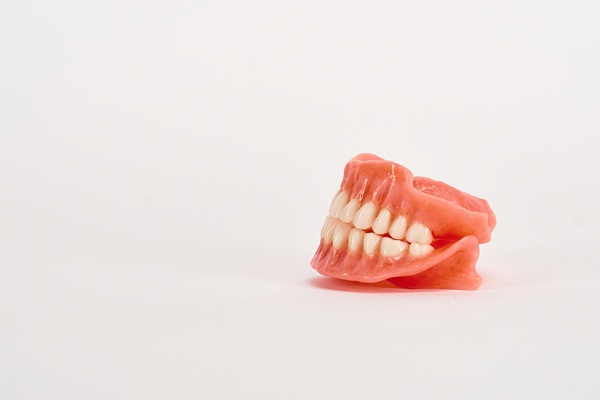 Dental crowns protect teeth, and patients should not experience any complications such as increased teeth sensitivity or gum pain while wearing them. If dental crown issues develop, then patients are encouraged to contact the dentist as soon as possible to schedule a visit and have the issue properly examined and treated.
Dental crowns protect teeth, and patients should not experience any complications such as increased teeth sensitivity or gum pain while wearing them. If dental crown issues develop, then patients are encouraged to contact the dentist as soon as possible to schedule a visit and have the issue properly examined and treated.
How to deal with issues with your dental crowns
Although dental crown issues are rare, they can still occur. While a prompt visit is necessary, in many instances, dental crown issues are not considered a dental emergency. While waiting for a more opportune time to visit the dentist to have the issue resolved, patients can minimize any discomfort they experience by using a saltwater rinse, applying a cold compress to the affected area, and utilizing over-the-counter pain relief medication.
Consistently rinse your mouth with saltwater
One of the main causes of discomfort with teeth that have a crown is bacteria that finds its way inside the dental crown. This can occur as a result of damage, because of the crown becoming loose, or from a variety of other dental crown issues. One way to relieve discomfort caused by bacteria is to keep the mouth as clean as possible until the crown is fixed. Saltwater is an easy and effective way to keep the mouth clean. Simply use a saltwater rinse several times each day and avoid any foods or drinks that contain high levels of sugar. Sipping water throughout the day can also help keep bacteria washed away.
Apply a cold compress to the affected area
Another result of bacteria invading a tooth that is covered by a dental crown is swelling of the gums and irritation of the tooth’s root. One way to reduce this discomfort is by applying a cold compress to the affected area. Hold the compress for approximately fifteen to thirty minutes to keep swelling and sensitivity to a tolerable level.
Use over-the-counter pain reliever responsibly
Store-bought pain relief medication can be a useful way to keep swelling down and reduce the overall discomfort experienced after dental crown issues develop. However, it is important to not exceed the recommended dosage listed on the bottle or the dentist’s recommendations.
When are dental crown issues considered a dental emergency?
Every instance of a dental crown issue requires prompt care, which may involve repositioning or replacing the dental crown. However, an issue becomes a dental emergency, meaning treatment cannot wait until the next day, when the pain becomes intolerable or if signs of an infection develop, such as swollen lymph nodes or fever.
Are you having issues with your dental crowns?
If you are experiencing complications with your dental crown and need to schedule a dental visit to have the issue examined and promptly treated, then we encourage you to contact our friendly dental team by phone or message to set up a time to come and see us. We can help manage the discomfort and ensure the dental crown issues are taken care of long-term.
Request an appointment or call Northside Dental Care, PC at 978-206-7077 for an appointment in our Peabody office.
Recent Posts
Dental crowns are often costly and require that a dentist remove a significant amount of the tooth's structure to place them. Read on to learn about dental crown alternatives. Other treatment alternatives are sometimes available that are either less expensive or significantly less invasive. Dental crowns are frequently used to restore severely damaged teeth.The following…
A dental crown can restore a damaged, worn, or weakened tooth. This restoration can bring back your healthy smile and stable dental function. Knowing the benefits of dental caps can motivate you to set an appointment soon. Here are the benefits of a dental crown that you must consider.Losing a tooth can be annoying, especially…
A dental crown is a way for a dentist to repair a broken or damaged tooth. This is a simple solution that many people elect because it is durable and looks like normal teeth. It is also a great option if you have only one tooth that is damaged.The crown is made to match your…


